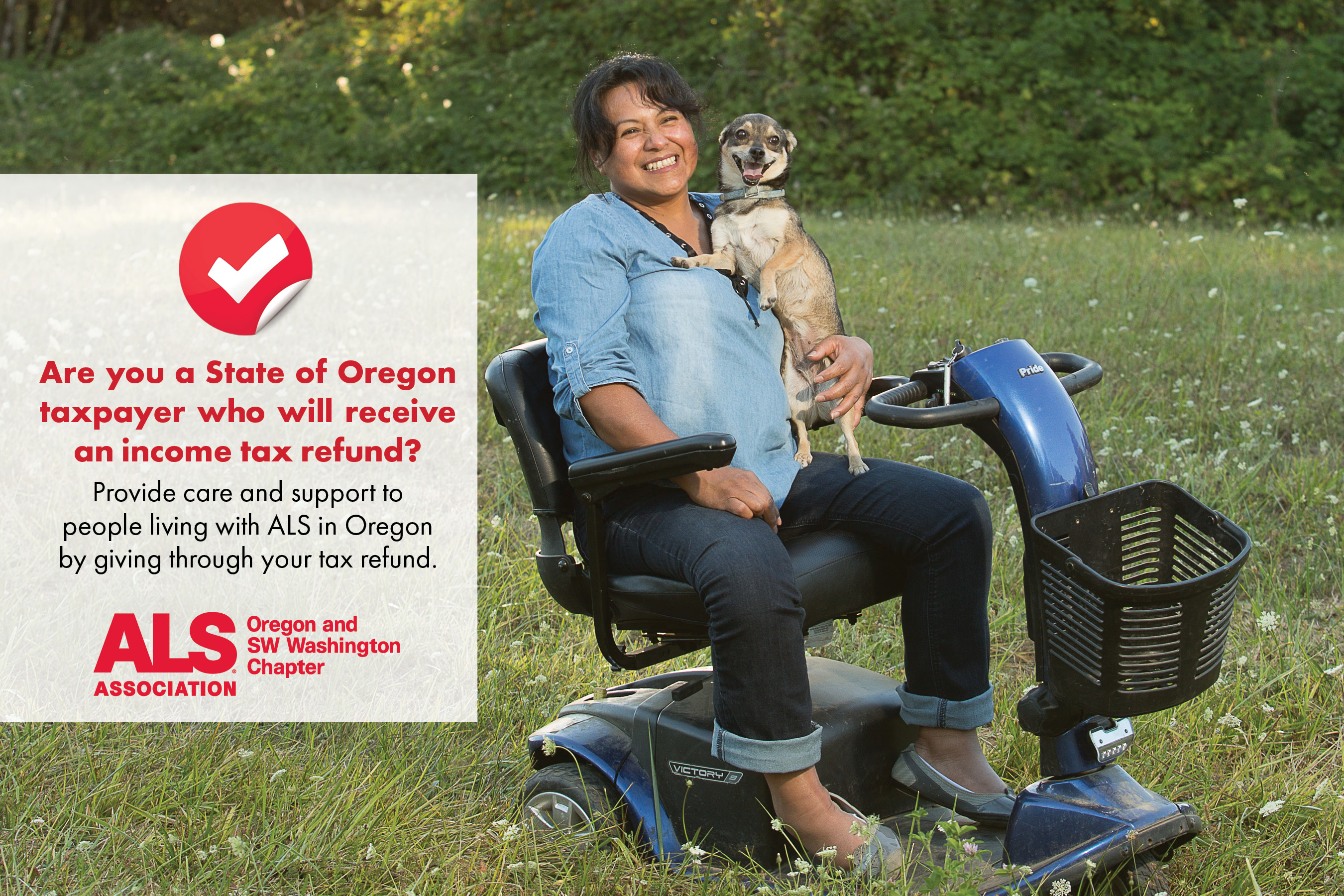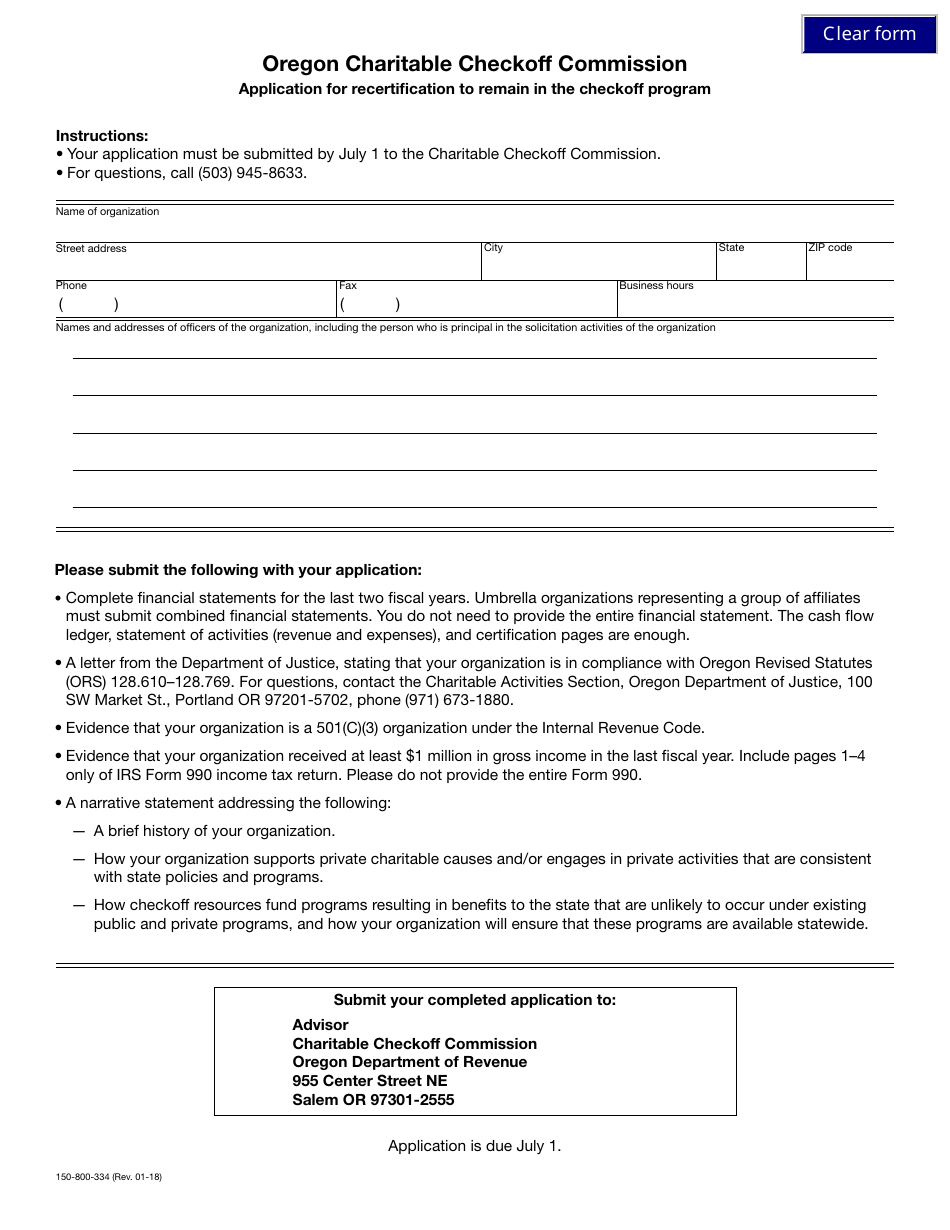

The NCU program began providing services to Nevada's children on October 1, 1998. In 2010 the Patient Protection and Affordable Care Act (Health Care Reform) enacted maintenance of effort requirements for continuation of eligibility standards for children until October 1, 2019. Congress provided funding extension until 2009 when through the Children’s Health Insurance Program Reauthorization Act (CHIPRA) Congress provided for continuation of the Program. The enabling legislation for CHIP, included in the Balanced Budget Act of 1997, funded the program for a 10 year period.

The Children’s Health Insurance Program was established by Congress to provide access to affordable health insurance for children in working, low-income families. The Mission of the Nevada Check Up program is to provide low-cost, comprehensive health care coverage to low income, uninsured children (birth through 18) who are not covered by private insurance or Medicaid while (1) promoting health care coverage for children (2) encouraging individual responsibility and (3) working with public and private health care providers and community advocates for children.Īuthorized under Title XXI of the Social Security Act, Nevada Check Up (NCU) is the State of Nevada’s Children’s Health Insurance Program (CHIP). Designating $5 will not reduce your refund.ACCESS NEVADA - Apply for Benefits and Manage Your Account Online! If you are filing a joint return, your spouse may also designate a party. If you choose the general campaign fund, the $5 will be distributed among candidates of all major parties listed.
#Check off programs code#
If you want $5 to go to help candidates for state office pay campaign expenses, choose the code number for your party. Here's what the tax form instructions for that section say: Near the top of your income or property tax form there is a section titled "State Elections Campaign Fund." This section lists the recognized political parties and provides a two-digit code for each. Instructions for filling out the checkoff section of your tax return Only candidates who have signed an agreement to limit their campaign spending and who have met other requirements are entitled to receive money designated under the tax checkoff program.Īlthough the Department of Revenue is responsible for keeping the records of checkoff money and where it came from, the payments are authorized by the Board, which is responsible for ensuring that only qualified candidates receive public subsidy money. The Department of Revenue is required by statute to calculate the amounts to be paid in each election based on the amount in the party's account, the office the candidate is running for and, in part, on the county in which the taxpayer who made the checkoff resides. Each election year a portion is paid directly to the campaign committees of qualifying candidates from each party. Periodically during each year a portion of the money is paid to the state unit of each recognized political party. Money from the state's general treasury funds the checkoff not money from the filers using the checkoff. What you are doing by checking a box is instructing the state to pay your designated amount into an account called the State Elections Campaign Fund for the party of your choice. The amount you checkoff does not affect your tax refund or tax owed. All parties that have met the statutory requirements to be recognized as a Minnesota political party are listed on the tax return forms. Minnesota income tax and property tax return forms have a space where the taxpayer can check a box to designate $5.00 (or two separate $5.00 amounts for spouses filing jointly) to go to a particular political party.

#Check off programs manual#
Self Help Education and tools Help using the Board's new website Exploring and using Board data External publications SOS campaign manual SOS additions to Campaign Manual Purchase your own copy of the Board's statutes and rules from Minnesota's Bookstore Tax checkoff for political parties Designating money from the state's general treasury to political parties and their candidates What is the program and how does it work?


 0 kommentar(er)
0 kommentar(er)
